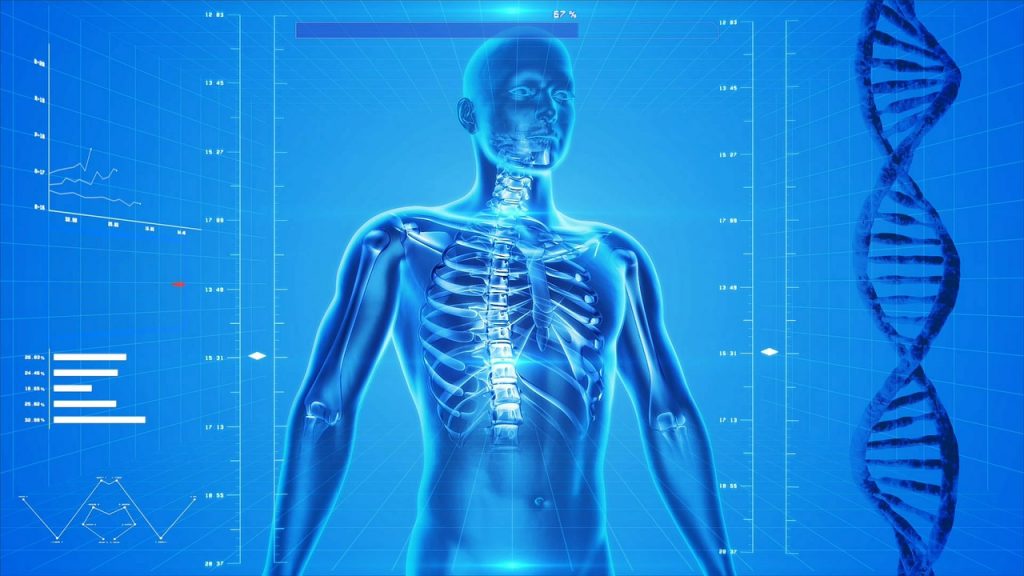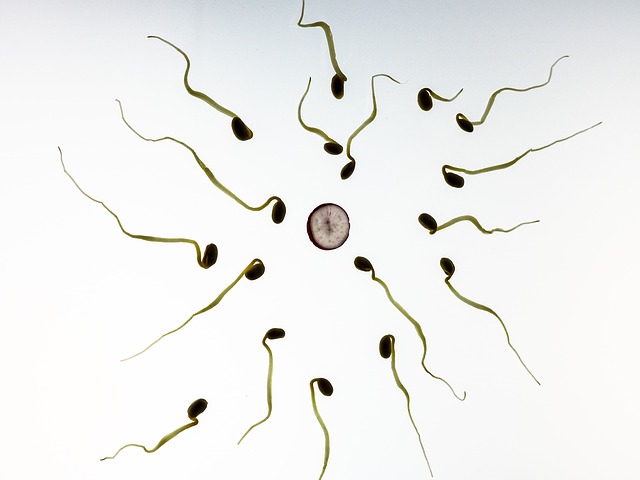
The human body has never ceased to amaze me. It is not just bones, muscles and vital tissues – it is a complex physiological system that consists of thousands if not millions of concurrently running processes that keep every cell in the body functioning normally.
Now that’s just amazing.
Every organ has a function. Every cell has a purpose. Different parts of our brain control different parts of our body.
I thought I would highlight some of the most remarkable aspects of the human body that I know will just baffle you.
Temperature Regulation
Our body has a core temperature (temperature deep inside our body) of 98.6 degrees Fahrenheit (37 degrees Celsius).
Ever wonder how it is maintained at that level though?

We are exposed to extremes of temperature every day, and the body has to be able to keep our temperature at this value to allow our vital organs and tissues to function normally.
This ‘thermoregulation’ is essential for life. If the balance is tipped, we will not survive as our organs will all fail, and fast.
Inside the brain is a structure called the ‘hypothalamus’. It is the temperature regulation center of the brain. When the surrounding temperature changes, the hypothalamus sends signals to blood vessels, skin, muscles and glands to change their function and keep the temperature normal.
For example, in extreme heat, the hypothalamus signals the skin to regulate temperature by sweating. The hair on the skin stick to the surface. The muscles relax. The heat from the body is disseminated through vaporization, radiation, conduction, and convection (remember your physics??).
The exact opposite happens in cold weather, where the muscles begin to contract fast (shivering), the hair follicles stand erect and we get goosebumps due to this.
When we are ill, thermoregulation is what helps get rid of the virus or bacterial infection.
Nail Growth
Our nails are protein tissues at the tips of our fingers and toes. They don’t really serve much of a purpose, except to relieve us when we have an itch.

Nail growth has been studied extensively, with each finger demonstrating different growth rates. You might be interested in hearing that the nail growth of the middle finger of the right hand is a lot faster than that of the little finger of the left hand.
The growth rate of the nails of the toes is slower than the fingers. Toes average a rate of 0.43 mm in 10 days, while fingers can average between 0.74 – 0.94 mm in 10 days.
Those who bite their nails seem to have more rapid growth of their nails. If you lose a fingernail, it can take nearly a year to grow back. Toenails can take around 1.5 years to grow back! Fingernails grow faster during the day and in the summer months.
Sperm Storage
Did you know that for sperms to be active and to aid reproduction, the temperature at which they are stored must be less than the rest of the body? Ever wondered why the testicles are outside the body, and not on the inside?

The male scrotum, which harbours the two testicles, has a temperature that is 2 to 3 degrees centigrade lower than the rest of the body. This is ideal for the sperms to flourish, and the ideal temperature for this to happen is 34 degrees C.
Those who place laptops over their lap and work for long hours can, over a period, affect the quantity and quality of sperm produced, making it difficult to father children. This is because the heat from the laptop affects the scrotal temperature.
Handedness
So why is 90% of the world’s population right handed? Studies have found that it might be because the part of the brain that controls the speech is located on the left half of the brain. Cross wiring means the left brain controls the right half.
But then, those who are left-handed can also have their speech center on the left side of their brain.
Closing Remarks
I hope this article piqued your interest! For more of my reviews, visit our blog.
- Gallbladder Stones – Do I Need Surgery? - April 18, 2021
- Urine Infection? Causes, Treatment & Prevention - July 15, 2020
- Vitamin D – All You Need To Know - July 11, 2020
